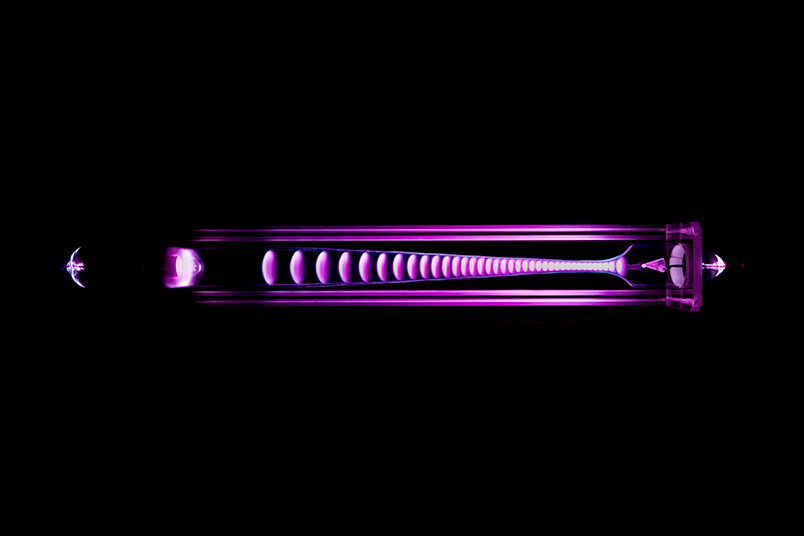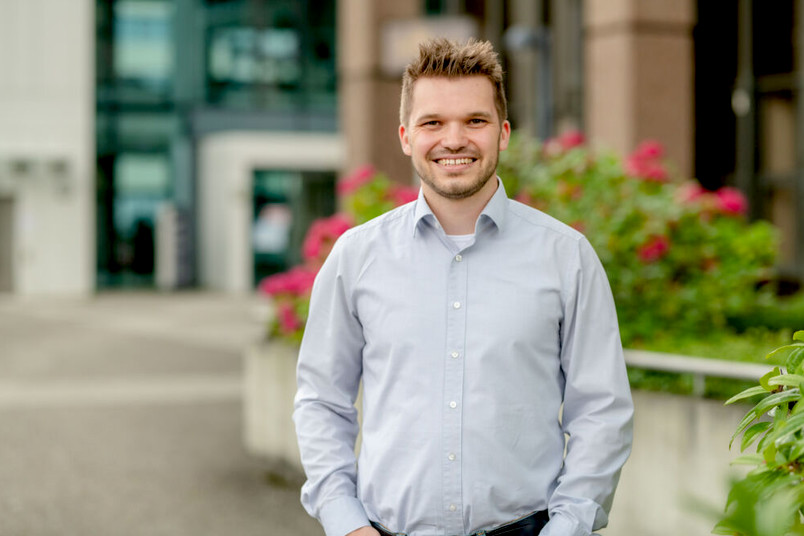Online-Workshop „Verhandeln“
„Verhandlungen sind essentielle Erfolgsfaktoren in verschiedensten Berufen, egal ob wir über unser Gehalt, Verträge oder Arbeitsbedingungen verhandeln oder ob wir versuchen, einen Konflikt zu lösen. Manche Leute fürchten sich vor Verhandlungen oder lehnen diese ab, weil sie nicht gerne 'feilschen', um zu 'gewinnen'. Keine Sorge. In diesem Kurs werden Sie Verhandlungs-Prinzipien kennenlernen, die gut für Ihre sozialen Beziehungen sein werden. Das ermöglicht es Ihnen, nachdrücklich aufzutreten, ohne Ellenbogen einzusetzen. Die Prinzipien sind auf eine Reihe an verschiedenen Situationen anwendbar.“
Diese und weitere inhaltliche Informationen unter:
https://naturalscience.careers/wp-content/uploads/2020/10/Verhandeln-2.pdf
Termine: Fr 01.10.2021, 09:00 bis ca. 11:30 Uhr
Mo 04.10.2021, 09:00 bis ca. 11:30 Uhr
Ort: Online – detaillierte Informationen nach Anmeldung
Referent: Dr. Philipp Gramlich, NaturalScience.Careers
Zielgruppe: Doktorand*innen/Postdoktorand*innen, Wissenschaftler*innen des TR 87 und CRC 1316
Umfang: Zwei live Webinare (2-2.5 h) & individuelle Arbeitsphasen, Arbeitsmaterialien, optionales Extra – individuelles Feedback
Anmeldung & Kontakt: Vera Bracht (E-Mail: bracht@aept.rub.de)
Anmeldeschluss: 03.09.2021


